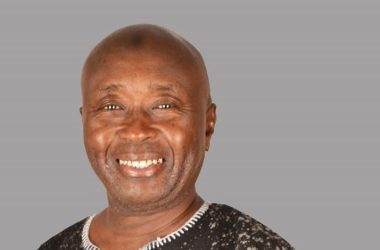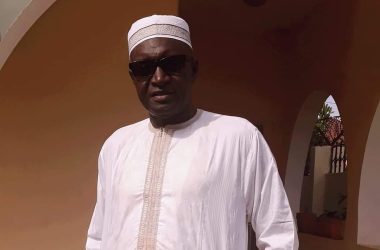
As a sovereign state, The Gambia has an absolute authority to determine its moral values, but it must not take positive actions that would marginalise vulnerable sections of our society.
Criminalising homosexuality is unfair and unjustifiable. A conduct can only justify criminalization if it causes harm to others. The essence of such consideration is to allow autonomous citizens to enjoy the liberties and freedoms guaranteed by the Constitution. The point of a state and its constitution is to promote equality and eliminates discriminations.
The thing about discrimination against homosexuals is not always about making derogatory remarks against them. It is also about stereotyping, misconceptions, prejudgement, bias and micro-aggressions that serve to destroy the fabrics and foundations upon on which our democratic society is founded. Indeed victims of racism tend to suffer from similar injustices.
Our constitution envisions for all citizens to live in a just society; a society with multicultural dimensions founded on values such as equality, freedoms and justice. Surely, a just society is one worthy of nurturing as opposed to one that permits hate and discrimination among citizens.
The later contradicts the promise of our Constitution which says this: –“our Constitution contains our will and resolve for good governance and a just, secure and prosperous society.”
A just society is where all citizens are treated equally regardless of their beliefs, sex, race or sexual orientation.
It is true to say that homosexuality and infidelity are both morally unacceptable to some in The Gambia, but they are probably seen as being harmless by others. Therefore, it seems is unfair and unjustifiable– in my view- to criminalize one and turn a blind eye to another in particular when the latter seems more prevalent in a society such as ours.
This, in my view, is what constitutes the moral bankruptcy of some moralists. In their view, a few “bad potatoes” serve no purpose- not even for composting- in a sack of quite good potatoes!
A conduct should not be criminalized, however much of that conduct might be thought by others to be immoral. Homosexual act might be seen as an immoral act by some, but so too does infidelity.
Given the fact that what is immoral to one might be perfectly moral to another, it is seems right not to treat the moral considerations of others as relevant in determining the criminality of a conduct.
It is simply wrong to punish gay people for exercising their fundamental freedoms and rights. To put it simply: Who should police what two consenting adults do as long as they are not infringing on the rights of others? Who should police morality and how do we make sure that such individuals themselves pass the morality test? Who should be the guinea pig to quality assure the validity of such a morality test?
Criminalising homosexuality is discriminatory and such act of discrimination does not sit comfortably with values of any democratic society; a democratic society is one that nurtures tolerance and broad-mindedness- without these values, there can be no democratic society.
Based on what can be described as a blatant discrimination against vulnerable groups under the pretext of protecting morality, and religious values- which most of supporters may not pass- has no place in a democratic society, a society which says that we are equal as Gambians and indeed as humans.
On Joseph Raz’s reasoning, while law possesses authority capable of regulating morals and values in society, this authority is only legitimate if it respects the autonomy of individuals. For this reason, individuals must be free to engage in harmless act without fear of being criminalised, marginalised or punished if the law is to serve its legitimate purpose.
Promoting discrimination against citizens because of their sexuality is not only contrary to the principle of fairness and equality, but it also leaves open the possibility for citizens to pursue the State for failure to preserve their fundamentalist rights guaranteed by the Constitution.
Therefore, it is important for politicians and public figures to engage in decent political discourse that promotes equality before the law rather than engaging in political discourse which are highly discriminatory and indefensible. What morality test did these public figures and politicians pass to assume the role of the society’s moral police force?
The purpose of a State is to protect all citizens not a class of people she thinks deserve to be listened to, served and protected, for example, the seemingly self-declared moralists.
Where there is no justification for using punitive measures against infidels, there can be no reason for punishing the act of homosexuality.
We must seek to preserve and protect the constitutional rights of all citizens and nurture peace so that we can rebuild the state. Decriminalising homosexuality is not promoting its practice; it about exercising fairness between us as humans.




